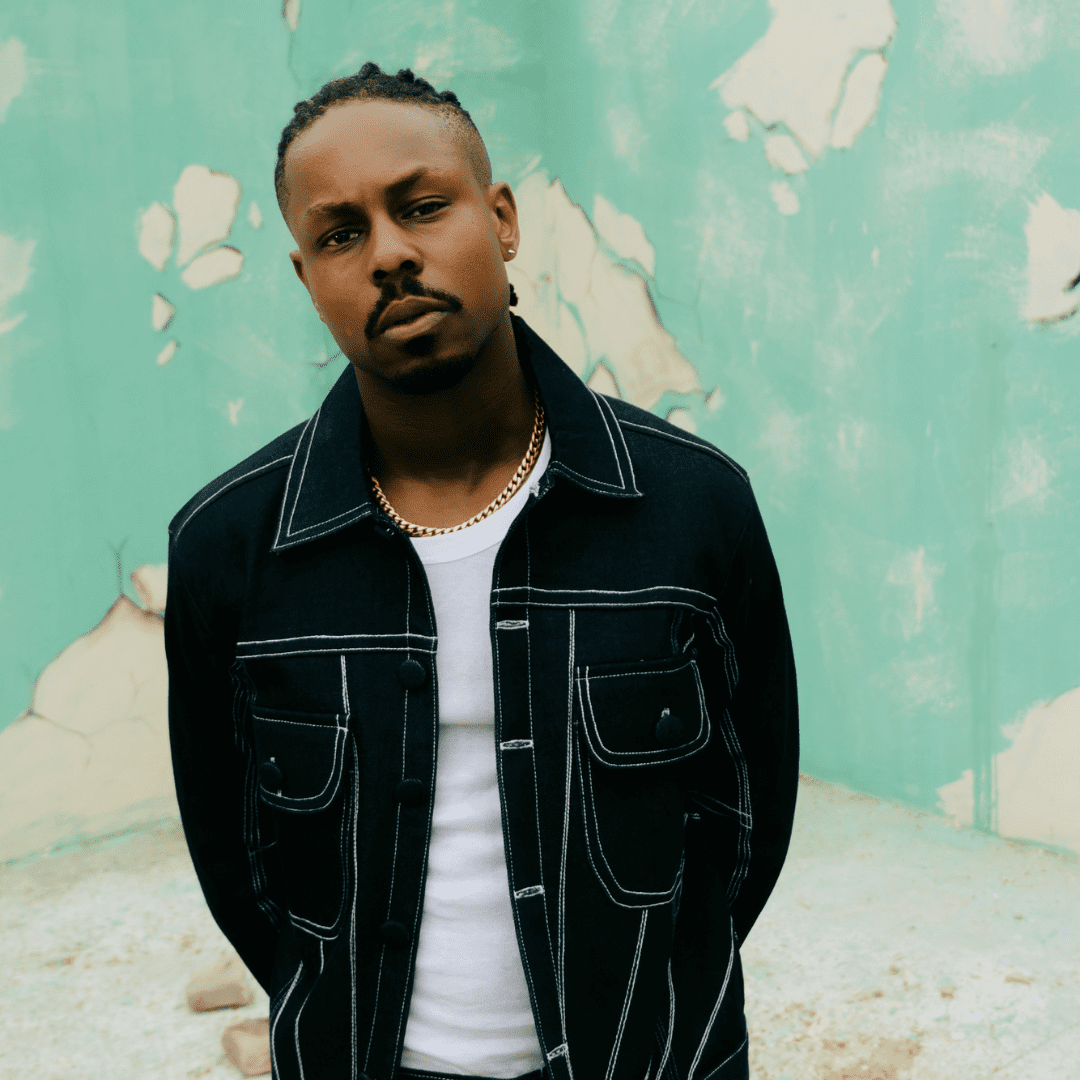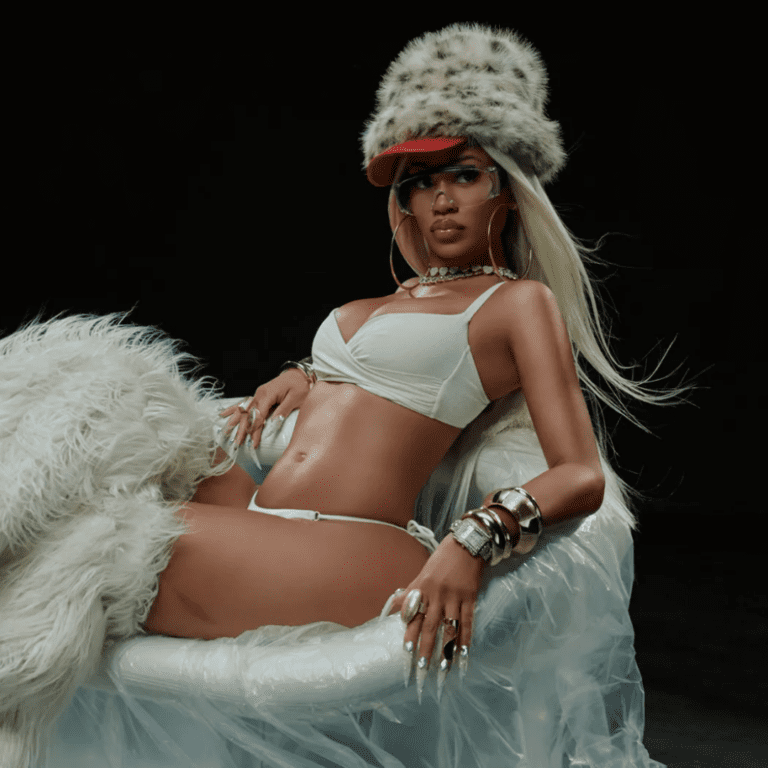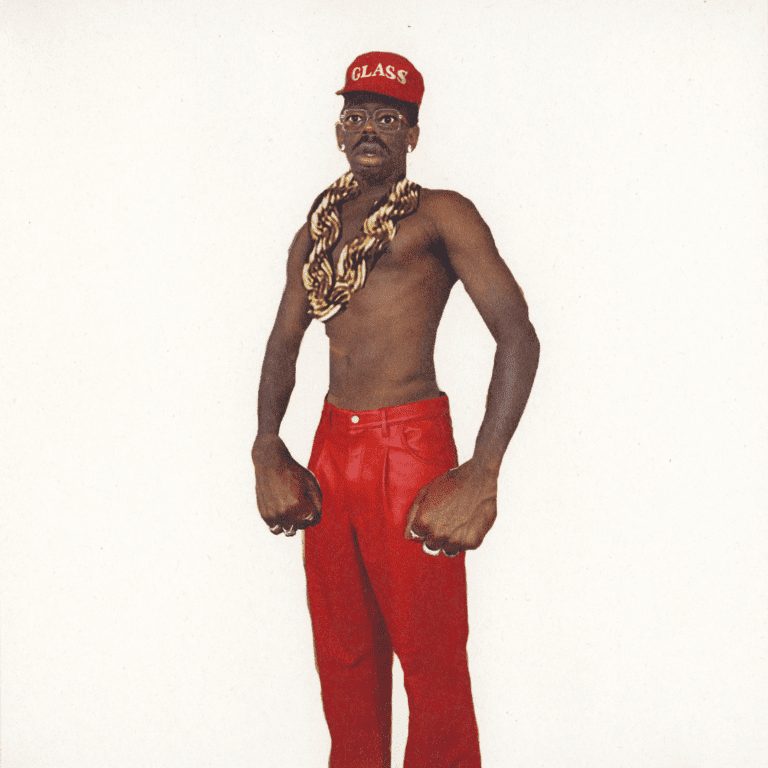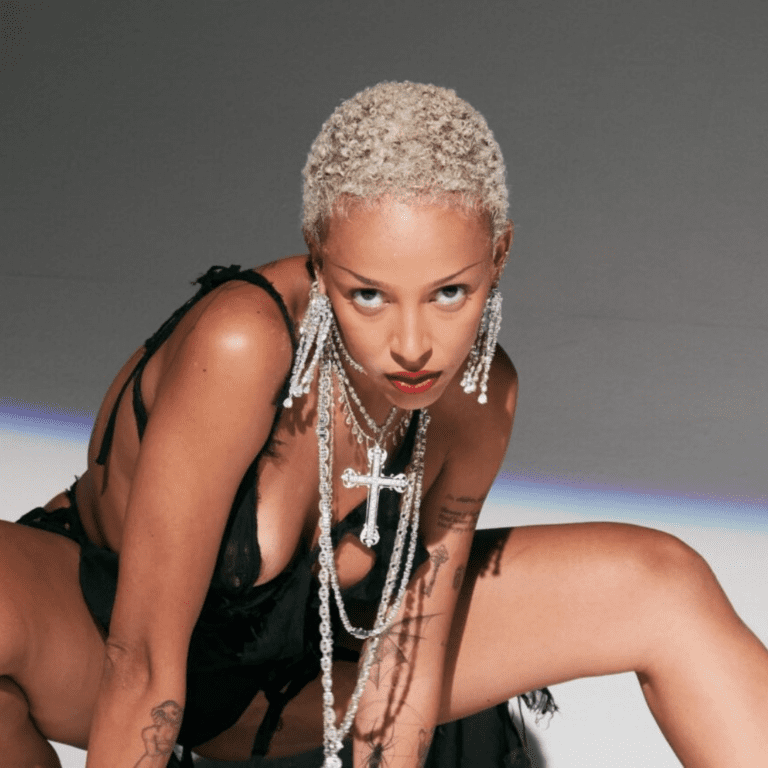LADIPOE ‘s new single, “Hallelujah,” marks a significant moment in the evolution of Afrobeats, blending complex rhythms with deep lyrical introspection. The track contrasts the struggles of daily life with moments of triumph and community upliftment. In this exclusive interview, we dive into LADIPOE‘s artistic vision, exploring his creative influences and the distinctive qualities that set Nigerian rap apart on the global stage. Join us as we uncover the layers behind “Hallelujah” and gain insight into the mind of one of Nigerian rap’s most innovative artists.
Congratulations on the release of “Hallelujah”! What inspired you to create this track?
I’m working on my album and Hallelujah is a product of that process. The reality of what it takes to achieve one’s dreams is a consistent theme in my music. This song embodies that.
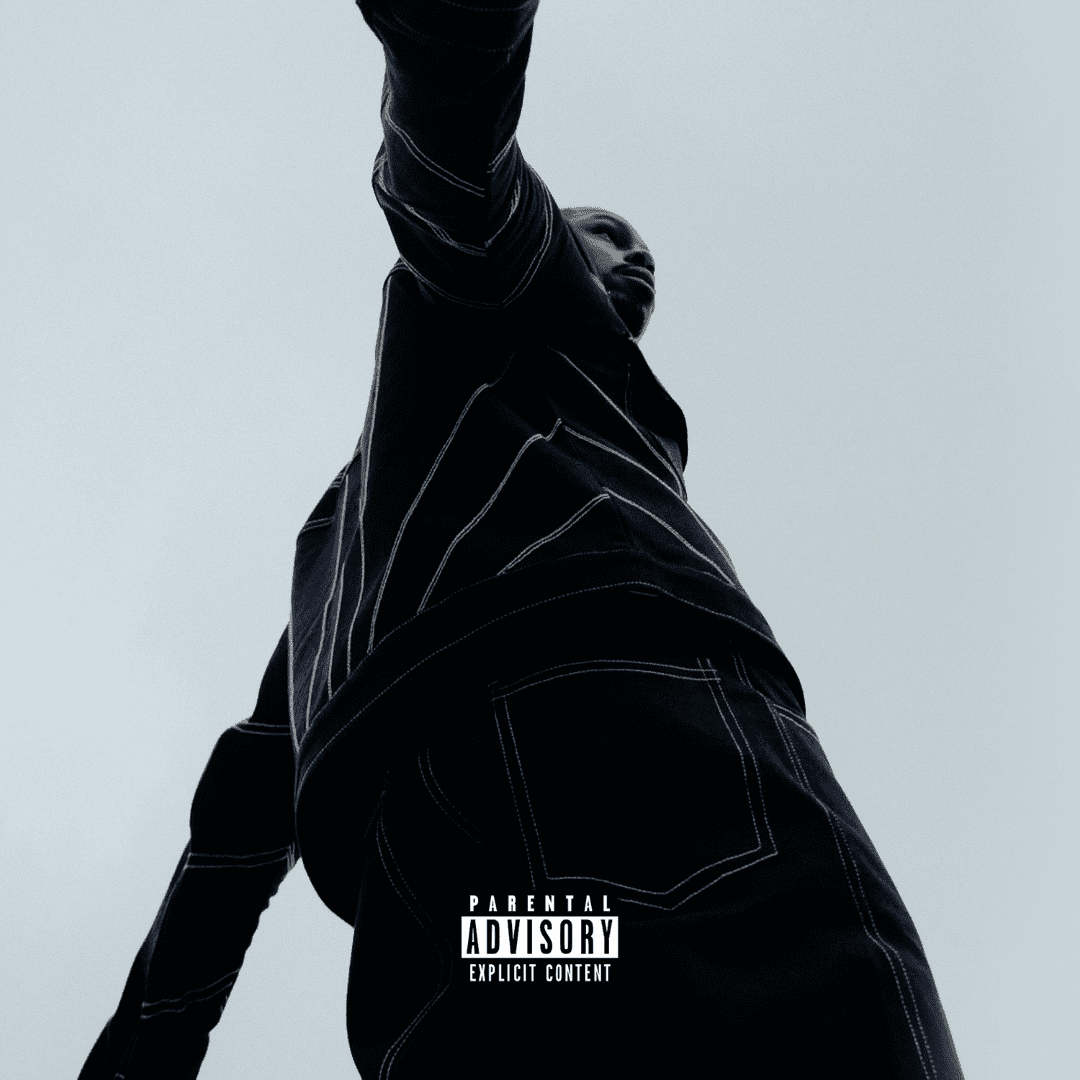
How does “Hallelujah” fit into your broader artistic vision and the evolution of your music?
The song blends two of my favorite genres, Nigerian rap and Afrobeats. I enjoy experimenting in that space. It’s still so unexplored. You can never tell which dots will connect.
In “Hallelujah,” you collaborate with emerging artists Rozzz and Morrelo. What was the creative process like working with them?
Seamless. I think everyone wrote their truth — it’s just a coincidence that it rhymes.
How does “Hallelujah” reflect your personal journey and experiences as an artist?
I remember how hard it was to accept that talent is only a small piece of what’s required to win as an artist. I’ve felt the impact of many hard truths; things I wish I could tell my younger self. I shared a few on this song.
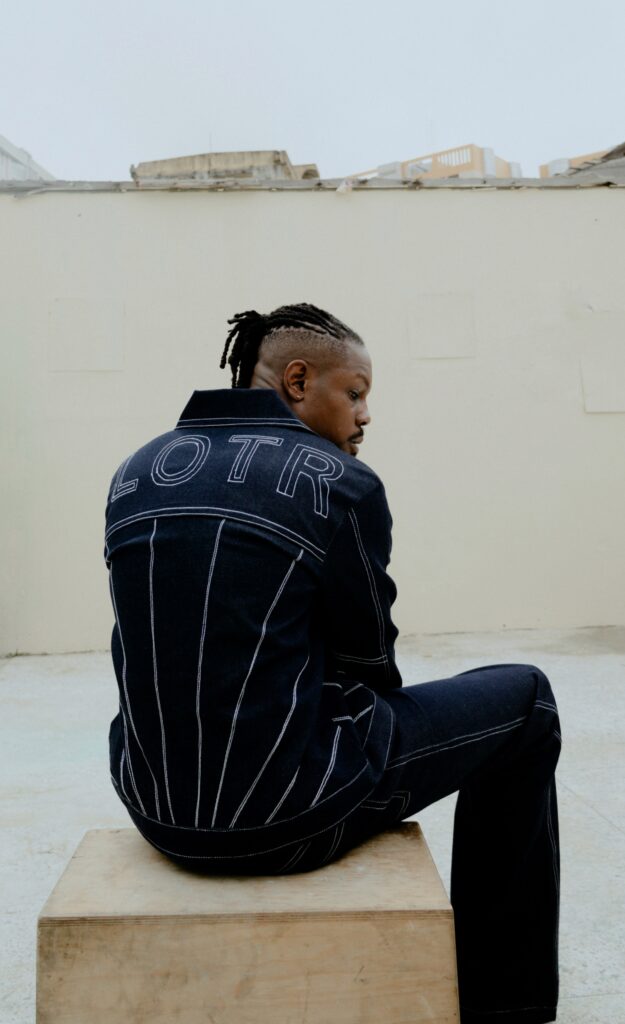
In “Hallelujah,” you mention finding joy in life’s victories. Can you share a personal victory or moment of resilience?
Buying property with money made from music. A personal victory!
Who are some of your biggest influences in the rap world, and how have they shaped your style and approach to music?
Phonté showed me how to weaponize wit. Drake validated my tendency to use melody in my verses and to combine catchiness and bars. Ye reminds me to have imagination and no comfort zone. Ghost (SDC) keeps me sharply aware of balancing my poetry with punchlines. Kdot and Cole are the reason I know storytelling / world-building is how you make classics.
As a rap artist, what do you hope to achieve with your music, both personally and in terms of its impact on listeners and society at large?
To push myself as a songwriter and make the art that resonates with me authentically. Redefine what it means to be a rap artist from Nigeria. Be an ambassador from my country as the creative economy continues to play a bigger role in how Nigeria is seen globally. Elevate my family circumstances. Make my parents proud while doing something they never realized they could have pride in.
From your perspective, what sets Nigerian rap apart from other regional styles, and how do you see it influencing the global rap landscape?
The flexibility of how we fuse sounds and genres together. Rappers out here are breaking free from stereotypical Hip Hop constructs and creating their own templates; their own genres. We speak so many languages here and they all go hard when rapped. More dangerous is that Nigerian rappers have sick and unpredictable melodies and that’s the biggest currency in the global landscape.
Thanks for tuning in to our conversation with LADIPOE. Keep an eye out for more from this groundbreaking artist as he continues to redefine the soundscape of Afrobeats and rap. And don’t forget to immerse yourself in the transformative experience of “Hallelujah.”
